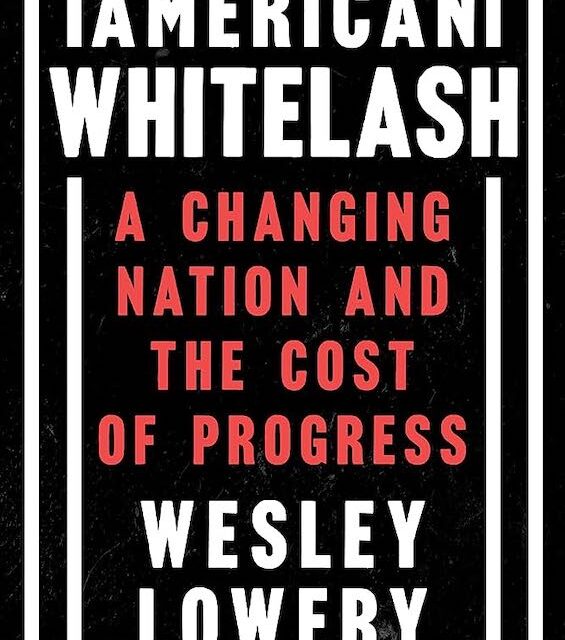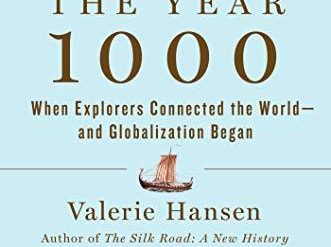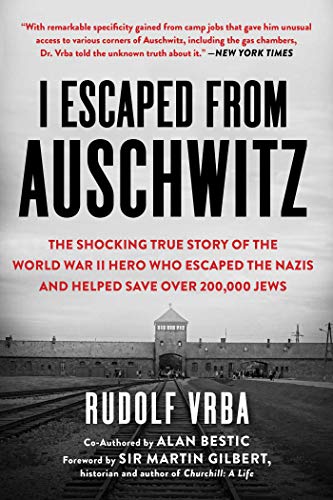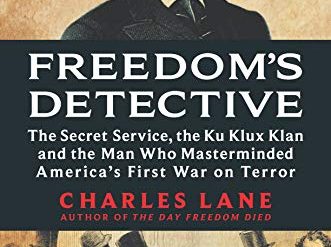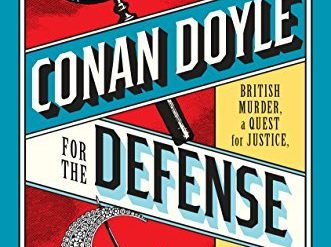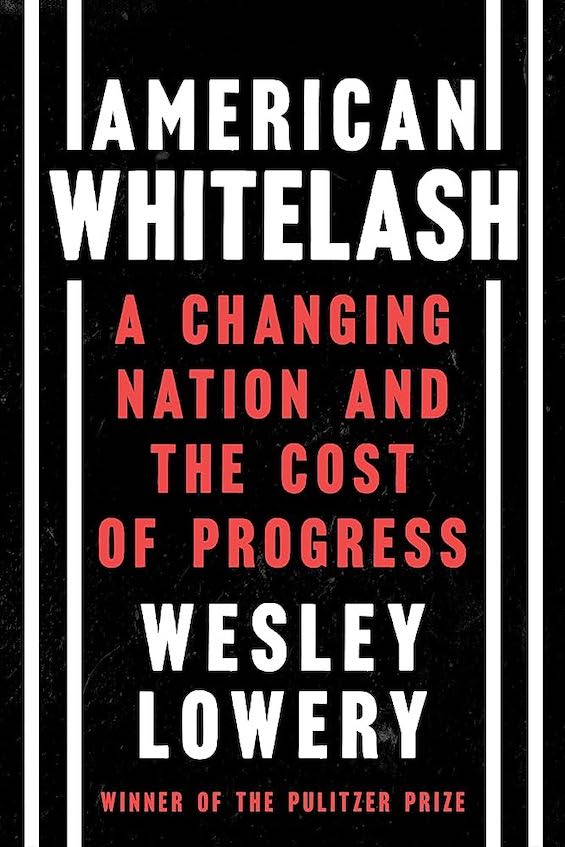
A Harris Poll released in November 2022 by U.S. News & World Report revealed just how deeply divided Americans are about race. Forty-seven percent of Americans—and 71 percent of White Americans—said they were “unconvinced that systemic racism exists in the U.S.” And in a YouGov poll in 2021, 49 percent of Americans said white supremacy was a very serious problem in the US. Only 35 percent of Republicans agreed with the statement, reflecting the deep partisan divide on race. In other words, only about half the country’s people understand how white supremacy and systemic racism poison our society. But among the many who doubt this reality, Wesley Lowery’s recent book, American Whitelash, might change a few minds. Lowery humanizes the issue by dramatizing the impact of white supremacy on its victims and perpetrators alike.
Estimated reading time: 5 minutes
Facts aren’t enough to understand white supremacy
Reading a recitation of facts and statistics won’t help many people understand white supremacy. You can only appreciate its reality on a visceral level—either by having experienced its impact yourself, or, possibly, by seeing how deeply it has scarred other individual people. And demonstrating the latter is Wesley Lowery’s mission in American Whitelash. “This book,” he writes, “is an attempt to put human faces on the relentless cycle of violence that has defined American history—to put flesh and bone on our discussion of white supremacist terror.” And to an admirable degree, he succeeds.
American Whitelash: A Changing Nation and the Cost of Progress by Wesley Lowery (2023) 272 pages ★★★★☆
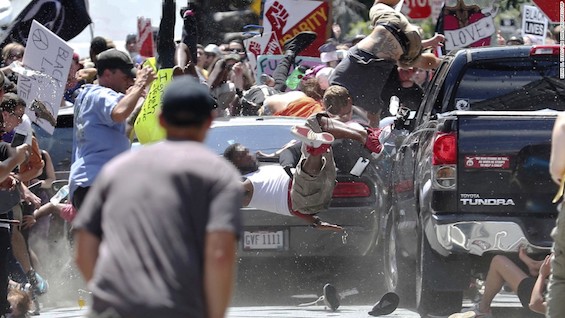
A decade and more of white supremacist violence
First, a clarification. Lowery’s subject in American Whitelash isn’t the full range of ways in which white supremacy has colored American society. His references to history are brief. Instead, he writes about the upsurge of white supremacist violence that followed the election in 2008 of Barack Obama as President of the United States. His thesis is simple. Obama’s rise to the presidency brought hope to millions of Black Americans and fear to millions of whites. With a Black man in the White House for the first time, two “diametrically opposed movements—one built atop the centurylong battle for Black humanity; the other a repository of White racial grievance—fed off each other, each driving citizens into the arms of the other.”
For many Black Americans, Obama’s election raised unrealistic expectations. “What we expected,” Lowery observes, “was beyond what the framework of the presidency allowed.” And the inevitable frustration fed the Black Lives Matter movement that arose in the following years. But, if anything, the effect on the white supremacist movement was even more profound. The author cites research findings from two sociologists. “The 2008 election of Barack Obama had left much of the movement desperate and despondent.” They concluded that they were “losing.” And their response was to ramp up the violence. In American Whitelash, Lowery digs into dozens of examples of that violence, interviewing victims and perpetrators alike and telling their stories. It’s a deeply moving and insightful account.
A poignant observation
About one-third of the way through his book, Lowery quotes a thought-provoking observation from two people who understand white supremacy on the deepest possible level. One as a victim, the other a former perpetrator. “When suffering isn’t treated with compassion,” they write, “it seethes and spreads. When fear isn’t met with courage, it deceives and disconnects humans from humanity. [And] when ignorance isn’t countered with wisdom, it festers and takes root in the hearts of the fearful.” Lowery lifts this analysis from The Gift of Our Wounds: A Sikh and a Former White Supremacist Find Forgiveness After Hate (St. Martin’s Publishing Group, 2018). The coauthors are Arno Michaelis and Pradeep Singh Kaleka.
About the author
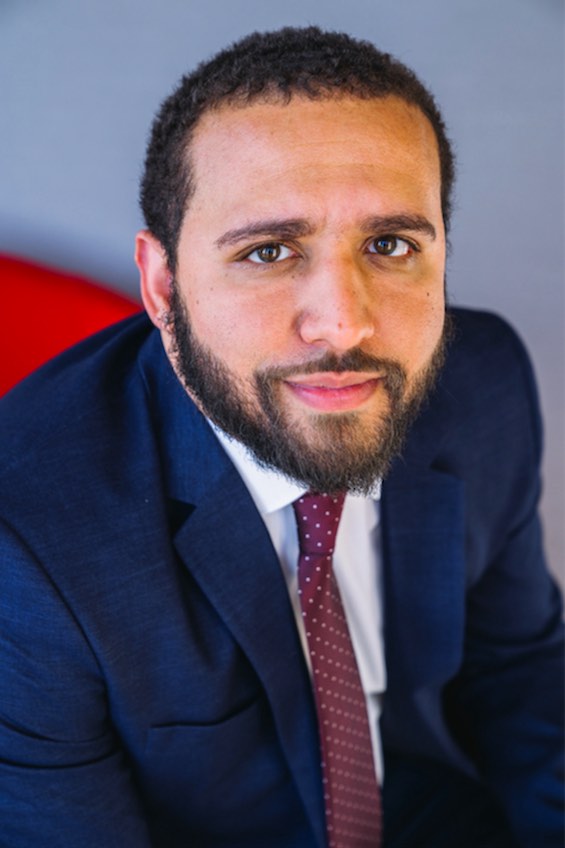
The bio on his author website begins as follows: “Wesley Lowery is a Pulitzer Prize winning journalist, and one of the nation’s leading reporters on issues of race and justice. He is the executive editor of the Investigative Reporting Workshop, an innovative ‘training hospital’ journalism non-profit based at American University in Washington DC that trains a rising generation of journalists by partnering them with professional newsrooms to work on projects that fill crucial gaps in media coverage. He is also a Journalist-in-Residence at the CUNY Newmark Graduate School of Journalism and a contributing editor at The Marshall Project.”
Lowery has worked at both the Washington Post and CBS News and won numerous awards for his work, including both the Pulitzer Prize and the Polk Award. He was born in 1990 and educated at Ohio University, where he was editor-in-chief of the campus newspaper.
For related reading
Check out Good books about racism, especially How to Be an Antiracist by Ibram X. Kendi (Racism still kills).
You might also care to see:
- Top 20 popular books for understanding American history
- Top 10 nonfiction books about politics
- Good books about economic inequality
And you can always find my most popular reviews, and the most recent ones, on the Home Page.

